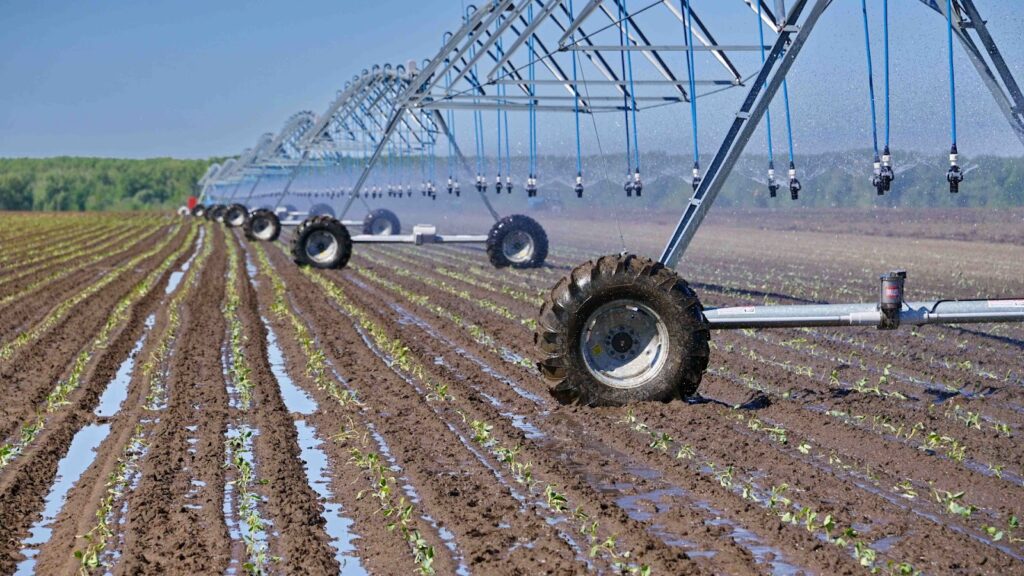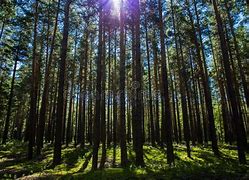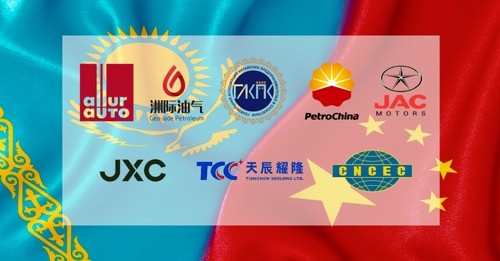Kazakhstan Suspends Sugar Exports Until August
To ensure an uninterrupted supply of sugar to residents during the summer season, Kazakhstan’s government has announced a temporary ban on its export of sugar to third countries until 31 August. The decision made on 6 May, will affect fellow members of the Eurasian Economic Union - Armenia, Belarus, Kyrgyzstan, and Russia - but will not impact international transit. Kazakhstan’s warehouses can store about 256 thousand tons of its own reserves and imported sugar, which is enough to meet half of the country’s annual requirement of 500-550 thousand tons. According to Deputy Minister of Agriculture Erbol Taszhurekov, current stocks of sugar and raw cane amount to 136 thousand tons. Combined with the quota of 120 thousand tons of imported Russian sugar, reserves will reach 256 thousand tons by 31 August. In addition, Kazakhstan has a duty-free import quota of 300 thousand tons of raw cane for processing until the end of 2024. The average monthly sugar consumption is 46 thousand tons, and in summer, reaches 60 thousand tons. Thus, explained the deputy minister, “the existing sugar reserves are more than enough to meet demand until the new harvest.” Kazakhstan also plans to negotiate with Russia to increase the quota of its supply of sugar by 100 thousand tons until the end of the year.








